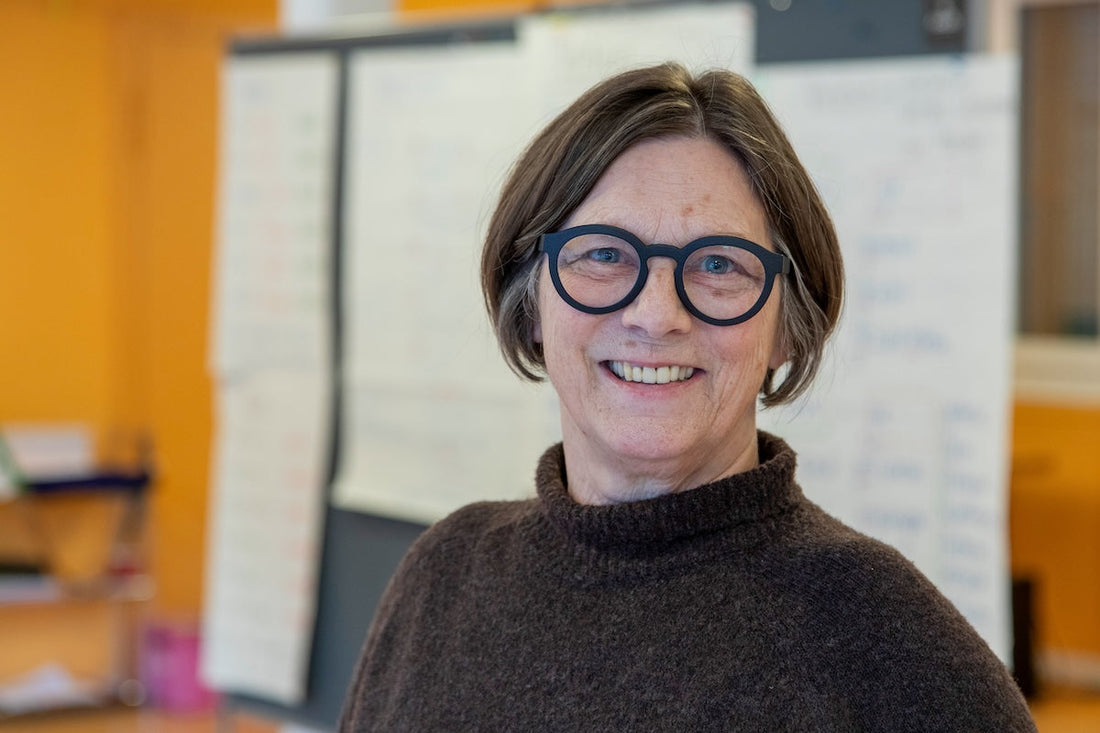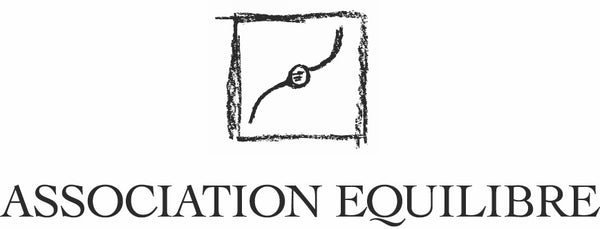
The story of mentor Erna
Share
"I need a mentor to help me learn math. My name is Shukriye. I'm from Afghanistan and live with my family in Altdorf. My children go to school and are doing apprenticeships. I was never able to go to school. Only now, here at the company, am I learning German. Yes, and I want to learn math too. I need a mentor. Yes, I have to learn, it's important!"
These were the words Shukriye used to introduce herself to me. She spoke about herself in German, with mistakes, but still understandable. I remember well the day when Mihriye Habermacher showed me the company and informed me about the responsibilities of a mentor. I quickly realized that this was a job I wanted to do. I accepted, and just two weeks later, I was sitting in the classroom with Shukriye. We began to get to know each other. The openness I experienced contributed greatly to our ability to build a relationship of trust in a short space of time. Placing trust – having the confidence to do something – daring to try new things and trusting that many small steps lead to success has become the guiding principle of our collaboration. We immersed ourselves in the world of numbers and worked our way through eight school years of math. It is clear that we have to choose the material carefully and have the courage to leave gaps. Otherwise, it would take us eight years, but we don't have that much time to catch up. We learn to read, speak, and write two- to seven-digit numbers. We enter them into the place value table and use them to convert mass from km to mm, from milligrams to tons, and vice versa. We add and subtract, we write the numbers exactly one under the other, remembering to remember. We practice multiplication tables, adding and crossing out zeros, we find the GCD, we expand and reduce fractions, we correct and revise, and we are happy when we succeed and can tick something off the list again.
Progress is soon evident in the "craft" of numbers. Things get more difficult with word problems or geometric concepts, for example, when the problem is something like this: "Construct a perpendicular to line a through point D and move it parallel through points E and F using a set square." We try to decipher the text by linking it to supposedly familiar words. Shukriye ponders: "But "direct" means "now!" I'm doing it right now. And "postpone" means when I can't come in, for example, to reschedule my doctor's appointment. I know a triangle; it has three corners; equilateral and isosceles—those exist, but what is a set square? I don't know that. And if I need help, I have number 144 or I ask someone for help. And "perpendicular" means downwards when looking up words in German class. I don't understand this problem; it's complicated!" How right she is. Yes, it is complicated if you don't know all the German meanings of these words and can't imagine what they mean, or just mean the wrong thing. If you want to understand math, you have to know German!
It is a huge challenge to understand math without any formal education and in a foreign language that you also have to learn at the same time. It requires a lot of willingness to learn and an iron will to persevere. I appreciate that a lot about Shukriye. I am happy with her about every step of the way, no matter how big or small. My job is to prepare and break down the learning material in such a way that we can always find connections to her everyday life. For example, we calculate ingredients and quantities in recipes for her family, we measure the lengths and widths of her furniture, calculate the areas and draw them on the floor plan of her apartment, we calculate working hours and her family's work time and plan time for homework. And again and again we discover that our everyday lives are full of mathematical applications. We can build on this basic knowledge, return to abstract numbers and venture into higher levels of difficulty.
We work together for five hours a week. We not only study together, but also share everyday worries. I've become a confidant. Shukriye asks me for help reading and filling out forms, going to the authorities, or preparing for them. Sometimes she wants me to accompany her. In addition to work and school, she manages the household for the family of five, is responsible for the children's academic needs, organizes doctor and dentist appointments, and keeps the wheels turning.
I enjoy working as a mentor. As a retired teacher, I wasn't looking for a job. But when I was offered the position, I immediately accepted. I'm convinced I'm doing something meaningful. It's a give-and-take. My experience and creativity are in demand. I come into contact with other cultures and meet lovely people. I can make my own personal contribution to integration.
